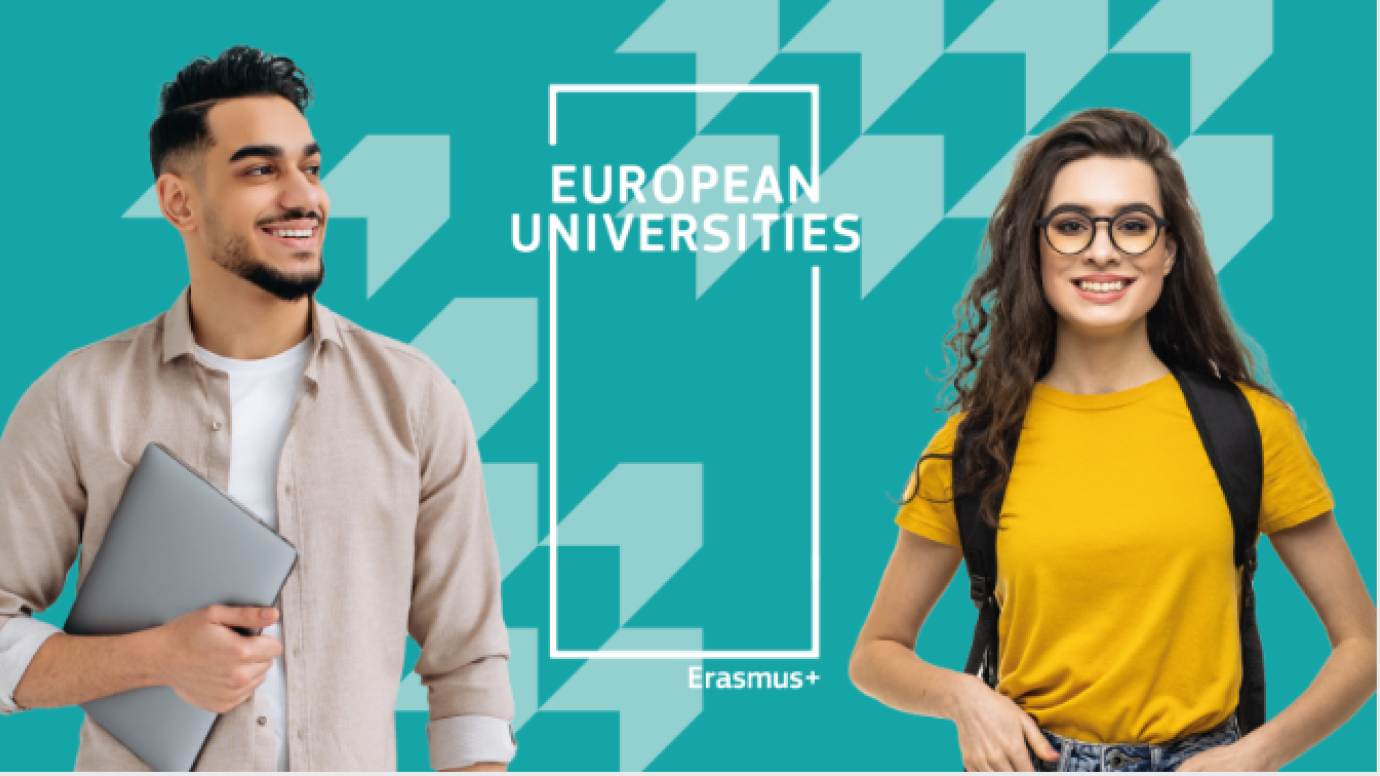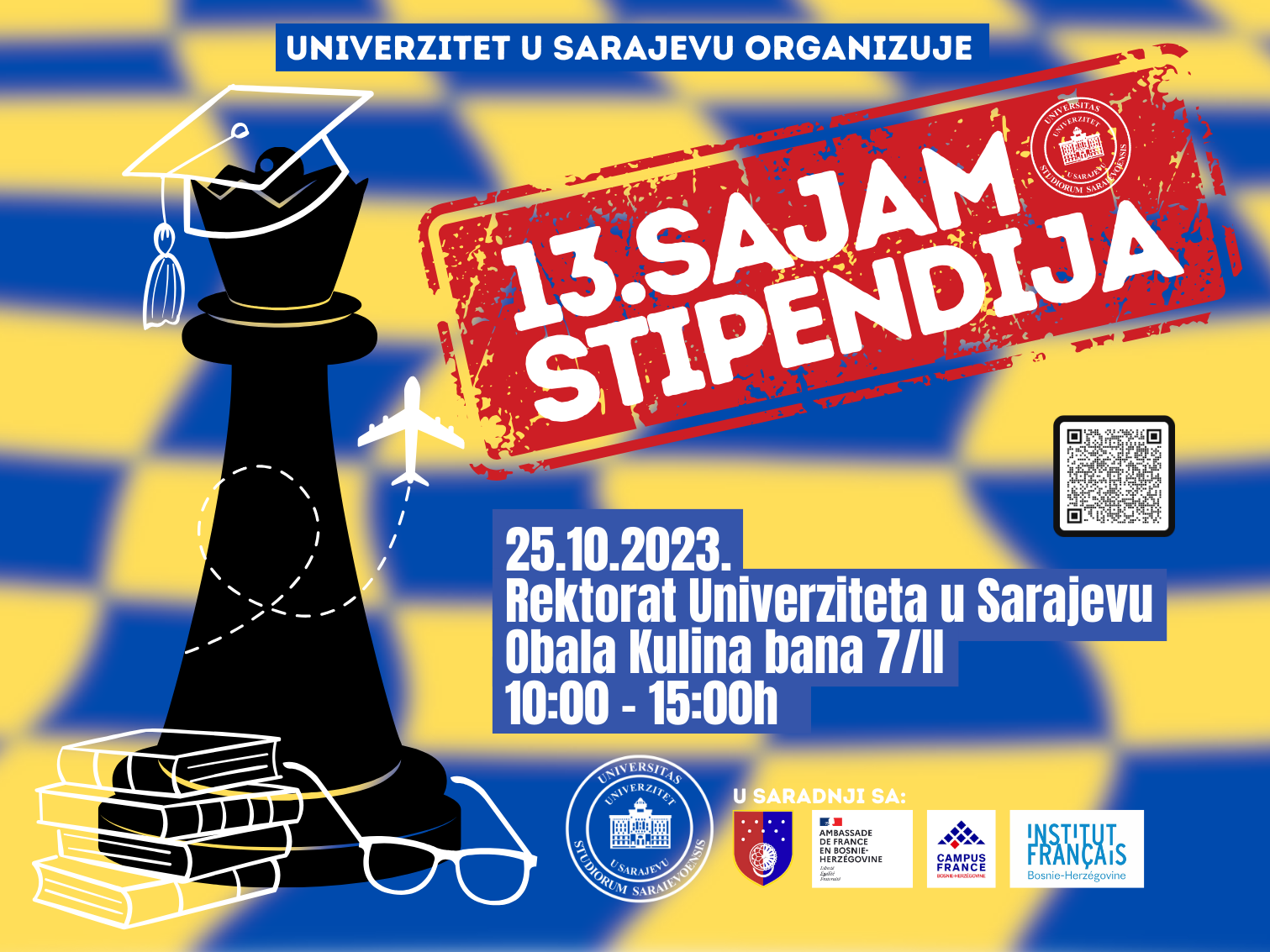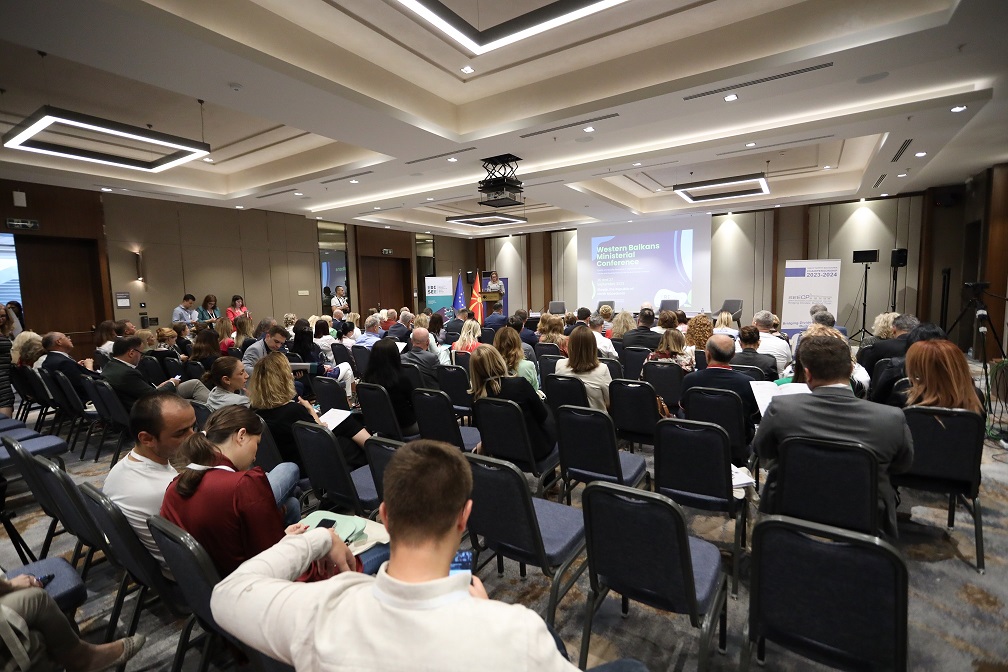AKCIJE
Erasmus + provides grants for a wide range of actions and activities
The programme gives opportunities to students, trainees, staff and volunteers to spend a period abroad to increase their skills and employability.

Key Action 1: Learning Mobility of Individuals
Key Action 1 supports mobility in the education, training and youth sectors and aims to bring long lasting benefits to the participants and the participating organisations involved.

Key Action 2: Cooperation for innovation and the exchange of good practices
The actions under Key Action 2 make it possible for organisations from different participating countries to work together, to develop, share and transfer best practices and innovative approaches in the fields of education, training and youth.

Key Action 3: Support for policy reforms
Key Action 3 provides grants for a wide variety of actions aimed at stimulating innovative policy development, policy dialogue and implementation, and the exchange of knowledge in the fields of education, training and youth.

Jean Monnet
Within the new Erasmus+ Programme, the Jean Monnet Actions aim at promoting excellence in teaching and research in the field of European Union studies worldwide.
The fifth Erasmus+ call for proposals supports the further rollout of the European Universities initiative, allowing an expansion to at least 60 European Universities by mid-2024.
The call is an open competitive call based on qualitative criteria.
New alliances are eligible to apply. In addition, one important novelty is the opportunity to set up a Community of Practice of European Universities to support closer cooperation.
All the details about Erasmus+ European Universities call 2024 and the application, as well as the date for the upcoming information session you can find on the LINK.

Posjetite naš štandu, na prvom spratu zgrade Rektoratu Univerziteta u Sarajevu (Obala Kulina bana 7/II), od 10-15h.
Saznajte više o Erasmus+ Programu i prilikama koje nudi, Erasmus Mundus Masters programima kao i mogućnostima programa Marie Skłodowska-Curie Actions.
Radujemo se da vas upoznamo.
Dobro nam došli!
Sve o Sajmu i učesnicima možete naći na LINKU

Ministry of Education and Science of the Republic of North Macedonia, in cooperation with the Education Reform Initiative of the South Eastern Europe (ERI SEE) Secretariat, gathered some of region’s ministers and other high ranking government officials, representatives of competent institutions, academia and experts from the Western Balkans and European Union (EU) at the “Quality and Quality Assurance in Higher Education – Trends and developments in the EU and Western Balkans“ conference on 26th and 27th September 2023 in Skopje, Republic of North Macedonia.
The two-day event comprised the presentations from the high-level European experts, panel discussions with policy makers and representatives of key institutions competent for quality assurance in the Western Balkans.
The WB Ministerial Conference resulted in the Western Balkans Policy Recommendations for Quality in Higher Education on further directions for enhancing the quality and quality assurance in higher education in the Western Balkans, in accordance with the Bologna Process commitments and European Standards and Guidelines for Quality Assurance (European Standards and Guidelines – ESG).
You can find more details on the Conference on this WEBSITE
We are pleased to announce that DG EAC and EACEA organising 2023 edition of their Erasmus+ Worldwide Webinar.
The webinar will feature three sessions, each covering several different topics. The morning sessions (10:00-12:45) will be repeated in the afternoon(14:30-17:15). These timings are Brussels time (CEST).
|
Tuesday 17 October: |
General introduction – International Credit Mobility – Marie Skłodowska-Curie Actions |
|
Wednesday 18 October: |
Erasmus Mundus – Capacity Building for Higher Education – Jean Monnet Actions |
|
Thursday 19 October: |
Capacity Building for Vocational Education & Training – Erasmus+ Virtual Exchange – Capacity Building for Youth |
This online-only event is designed for potential applicants in non-associated countries worldwide to introduce the opportunities open under the international dimension of Erasmus+. It will also give newcomers and more experienced users the opportunity to submit written questions to EC staff. It is being organised in the run-up to the launch of the 2024 call for proposals.
You can find more information on this event page, which is where you will find the link to the webstream on the day.
https://erasmus-plus.ec.europa.eu/event/erasmus-world-wide-webinar-2023
A more detailed programme will appear on this page nearer the date.
Please save the dates in your diary, and feel free to share this information to whomever might be interested.





